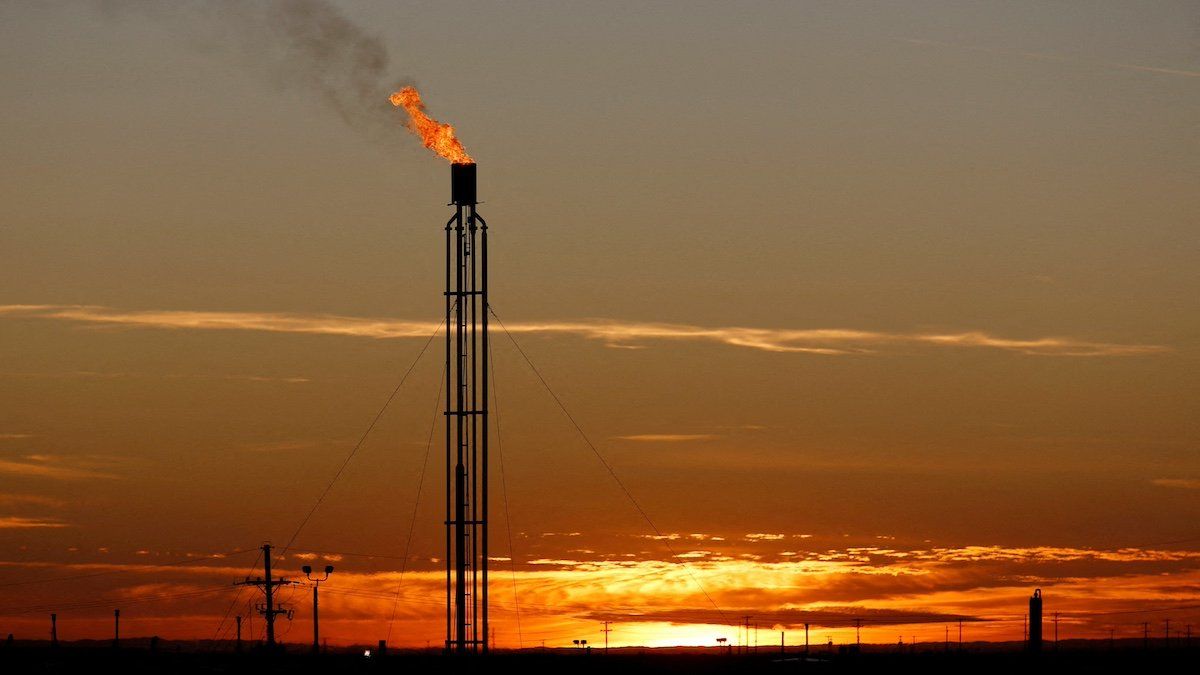8.5 billion: Rising energy usage from AI data centers could lead to additional demand for natural gas of up to 8.5 billion cubic feet per day, according to an investment bank estimate. Generative AI requires high energy and water demands to power and cool expansive data centers, which climate advocates have warned could exacerbate climate change.
32 billion: Google is pouring $3 billion into data center projects to power its AI system. That budget includes $2 billion for a new data center in Fort Wayne, Ind., and $1 billion to expand three existing ones in Virginia. In earnings reports this week, Google, Meta, and Microsoft disclosed that they had spent $32 billion on data centers and related capital expenditures in the first quarter alone.
22: The US Department of Homeland Security announced a new Artificial Intelligence Safety and Security Board with 22 members including the CEOs of Alphabet (Sundar Pichai), Anthropic (Dario Amodei), OpenAI (Sam Altman), Microsoft (Satya Nadella), and Nvidia (Jensen Huang). The goal: to advise Secretary Alejandro Mayorkas on “safe and secure development and deployment of AI technology in our nation’s critical infrastructure.”
960 million: SoftBank, the Japanese technology conglomerate, plans to pour
$960 million to upgrade its computing facilities in the next two years in order to boost its AI capabilities. The company’s broad ambitions include funding and developing a large language model that’s “world-class” and geared specifically toward the Japanese language.
